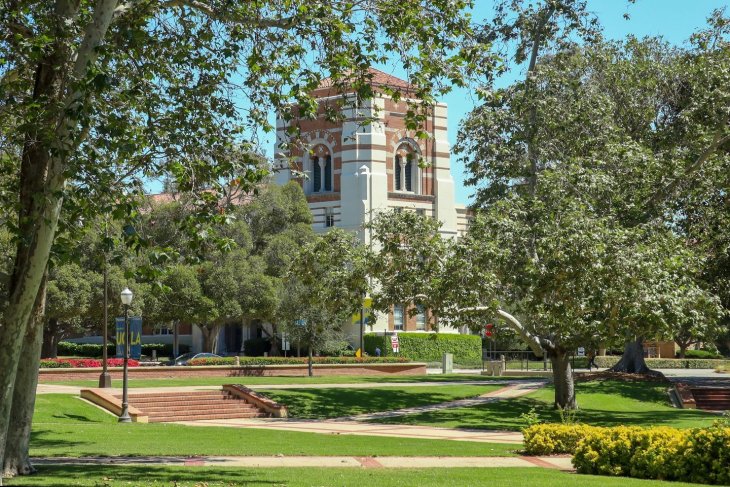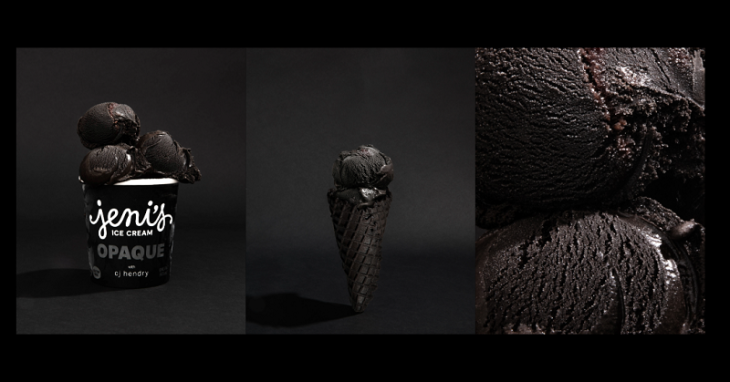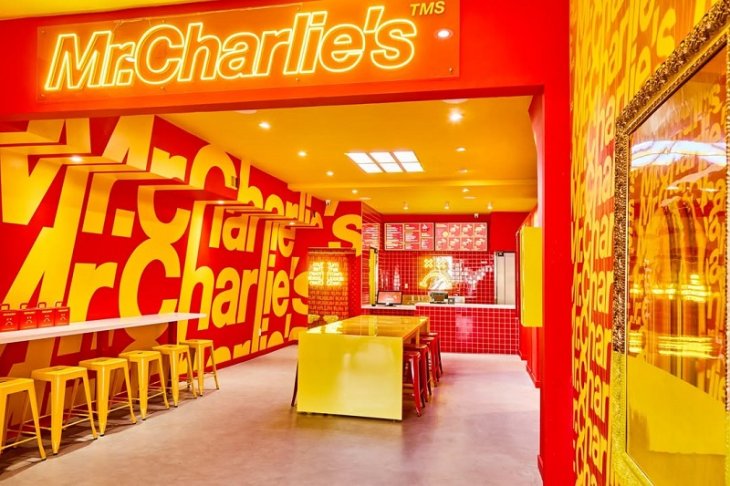
Ronald Reagan’s oldest son and two associates were ordered to pay more than $600,000 to a fellow businessman whom they deprived of an ownership interest in an email business he created to capitalize on the memory of the former president and cater to conservatives.
A Los Angeles Superior Court jury deliberated for most of the day before returning its verdict of $662,500 in favor of Elias Chavando late Tuesday afternoon.
Michael Reagan and businessman Tim Kelly were both found to have put their interests ahead of Chavando’s. Both of them, as well as a third investor, Jay Hoffman, were also found liable for conversion.
“We were pleased with the verdict,” attorney Gina Leago said on behalf of Chavando.
She said the jury agreed that a partnership existed among the businessmen despite defense arguments to the contrary. She also said she was not concerned that the Reagan name would have a “star power” influence on the jury’s decision-making to Chavando’s detriment.
In his opening statement Jan. 13, the plaintiff’s other attorney, Mark Chassman, said the three defendants denied his client a $3.8 million share of the business generated from @Reagan.com when half of the business was sold to Chicago entrepreneur Anthony Saliba.
“They used greed, arrogance and strong-armed tactics … to enrich themselves,” Chassman said. “Ownership is the key to this case.”
But attorney Maxwell Blecher, on behalf of Reagan, said his client and Kelly only agreed to split profits from the email idea with Chavando, not ownership. He showed jurors an email written by the plaintiff in which he told Reagan, “It’s your name and your company.”
Blecher said @Reagan.com was not a business, but instead part of his client’s Internet identification.
“It’s a function of the website, that’s all it is,” Blecher said.
In a sworn declaration contained in the defense’s court papers, Reagan denied any wrongdoing.
“Chavando has never been ousted from the email business,” Reagan said. “He did abandon his role in the business when he vacated (the Reagan Group’s) office and stopped performing his duties with respect to the email service business in August 2011.”
Reagan also said Chavando brought “little value to the business.”
But according to Chassman, Chavando was an innovator who recognized that conservatives would be attracted to an email service that guaranteed users their addresses would not be given to third parties and that they would be willing to pay the $39.95 monthly charge.
“Mr. Chavando recognized the personal privacy concerns of people,” Chassman said.
Chavando met with Kelly at the latter’s home in January 2010, Chassman said. Kelly at the time was an executive with Premiere Radio Networks Inc., which helped launch Michael Reagan’s conservative talk radio show and other business ventures. In 2009, Kelly and Reagan incorporated the Reagan Group to handle their joint business activities.
The three eventually agreed verbally to invest $2,000 each for start-up costs and to have an equal share in the profits, Chassman said.
Kelly agreed to manage the business while Reagan handled promotion duties and Chavando oversaw the software end, Chassman said.
The business grew over time, Chassman said. However, during a trip to Africa in July 2011, Reagan met with Saliba and began talking to him about investing in the business, Chassman said.
Soon thereafter, Hoffman became a member of the Reagan Group, according to Chassman, who said Saliba liked the email business so much that he said he wanted to buy part of it. But Chavando was not told of the eventual sale to Saliba, Chassman said.
Reagan, Kelly and Hoffman began an effort to exclude Chavando from the business, all of which is documented by email communications between the defendants, Chassman said.
Some of the emails contain such statements that Chavando should be “put in his place,” that “it would be better to die by the AIDS virus than to be in business with Elias Chavando” and that the plaintiff should not be able to “blow up what we have,” Chassman said.
An email written by Reagan contained disparaging remarks about Chavando’s Latino heritage, Chassman said.
An attorney for the defendants later tried to pressure Chavando to sign a legal document giving up his rights to his share of the business proceeds, but he refused and filed suit against the trio, Chassman said.
Reagan, 69, was adopted shortly after birth by Ronald Reagan and his first wife, Jane Wyman. The former president had another son, Ron, with wife Nancy.





















